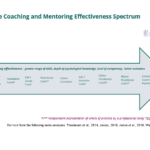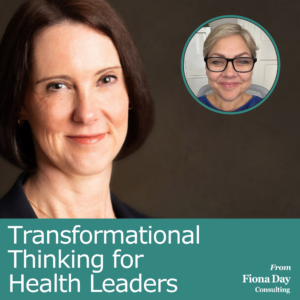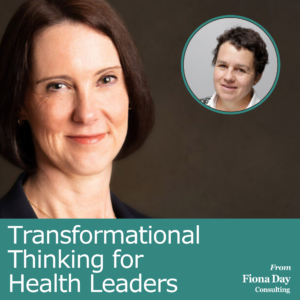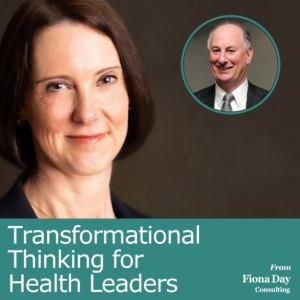Although coaching is not a therapeutic intervention per se, coaching (especially psychologically-informed coaching) can have therapeutic benefits in terms of improved wellbeing and psychological outcomes. Understanding the boundaries between coaching and therapy is complex.
Because clients who seek out coaching have been found to often have lower than average mental health, it is recommended that all coaches are trained in mental health issues, understanding of mood disorders and referral procedures. Psychologically-informed coaching is now governed by the British Psychological Society (BPS) and Chartered Psychologists in Coaching Psychology is a legally protected title. Of the four coaching professional bodies, only the BPS Level 8 Standards for Chartered Membership in Coaching Psychology requires this competency need to be met.
Limitations of the ‘Mental Ill-Health Continuum’
One way of considering the boundaries between coaching and therapy could be to conceptualise the distribution of psychopathology along a spectrum from very high psychopathology (clinical populations) through to very high wellbeing (non-clinical, coaching populations). This is sometimes conceptualised as a ‘bell-shaped’ curve, allowing the whole population to be separated into ‘clinical’, ‘counselling’, and ‘coaching’ sub-populations, with coaching sub-populations at the ‘non-clinical’ end of the spectrum. This bipolar, single measurement spectrum model is the model which many coaches and professional bodies use.
However there are limitations to this approach: empirically, mental health and mental illness are not opposite ends of a single measurement continuum. This theoretical approach to identifying clients suitable for leadership coaching or career coaching would also mean that clinical or counselling populations could never benefit from a coaching approach, and that using coaching skills by clinicians could never be appropriate.
Redefining positive mental health
Criticisms of this single spectrum approach to mental health and mental illness have grown, and positive psychology researchers sought to redefine the concept of ‘positive mental health’. This was posited as including the experience of:
- positive emotions
- subjective wellbeing
- functioning fully or optimally
- individual resources such as life satisfaction
- meaning and purpose in life
- resilience
- character strengths
- positive interpersonal relationships.
Keyes’ new operational model (2002) comprised two different dimensions, ‘the mental health continuum’ (high or low levels of psychological wellbeing) was proposed to be a distinct but related construct to a ‘mental illness continuum’ (high or low levels of mental illness symptoms). This model became also known as the ‘two oblique factor model’ or the ‘dual-continua model’, and was initially based on a 1995 survey of midlife adults in the United States.
Languishing – no mental illness but low mental health
Keyes’ model was updated in 2005 to describe the four possible population groups, those of: ‘Complete Mental Health’ (no mental illness, high positive mental health, sometimes referred to as ‘flourishing’); ‘Vulnerable’ (no mental illness, low positive mental health, sometimes referred to as ‘languishing’); ‘Symptomatic but content’ (mental illness, high positive mental health); and ‘Struggling’ (mental illness, low positive mental health). The original paper found that less than one quarter of participants were ‘flourishing’.
The evidence base
Keyes’ model appears to have elements of an underpinning neural basis: neuroscience suggests that positive emotions are mediated by separate neurological processes to negative emotions and probably serve different evolutionary functions.
A recent scoping review of clinical and non-clinical populations has tested the general validity of the dual-continua model and found that the majority of the 83 included studies supports the existence of the model, and that this finding was replicated across cultures, sex, age, and using different measures of positive mental health and mental illness.
The impact
The review also found that positive mental health and mental illness differentially predict various outcomes, and that the absence of illness was not sufficient to predict various desirable outcomes which would have been predicted by high levels of positive mental health. Up to 36% of participants in one study cited in the scoping review displayed high levels of positive mental health with symptoms of mental illness.
I love seeing my clients move from languishing to flourishing. The world of work is hard for doctors and public health leaders, and its easy to feel isolated and lonely. Get in touch and find out how working together could be just the tonic you need!
Dr Fiona Day is the world’s only Leadership Coach with advanced coaching psychology, medical and public health qualifications (MBChB, FFPH, BPS Chartered Psychologist in Coaching Psychology, EMCC Master Practitioner Coach & Mentor) and is in a unique position to help you and your teams to flourish. Fiona specialises in coaching medical and public health leaders, is a coach Supervisor, and an EQA Foundation Award Holder. Get 3 hours of FREE CPD with Fiona’s Health Career Success Programme here. Book a free confidential 30 minute Consultation with Fiona here.









